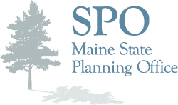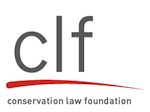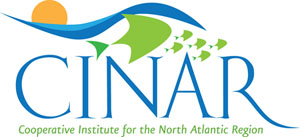Despite years of increasing regulations, studies and commissions, pressures on our oceans are not subsiding as oil spills and natural disasters continue to alter the balance. Add to the mix uncertain economic times that decrease funding that should be increasing for important programs and the challenges still abound.
In our next full issues, we will bring you stories that detail the results of the Census of Marine Life, an ambitious ten-year program to study life in the earth’s oceans, which has allowed Canadian and American scientists to collaborate on a range of new studies that have shed light on the workings of the Gulf of Maine ecosystem. We’ll have stories on ocean observing, the new frontier in marine monitoring, which integrates a wide range of monitoring technologies that are providing scientists with new insights into the nature of the Gulf’s physical and biological processes – often in real time. We’ll look at where the next generation of educated, dedicated protectors of the environment will come from, and much more.
Meanwhile, find a report on the Ocean Literacy Summit held at the University of New Hampshire. Dr. Sylvia Earle, a speaker at the Summit, received a standing ovation when she appeared. Noted oceanographer and author Earle recently has made dives into the Gulf of Mexico to observe personally the effects of the oil spill there. She has led more than 60 undersea expeditions to study various ocean conditions. Her latest book, “The World is Blue,” was reviewed in the March 2010 issue, http://www.gulfofmaine.org/gomt/?cat=4&paged=3.
Nancy Griffin
Gulf of Maine Times Editor



















